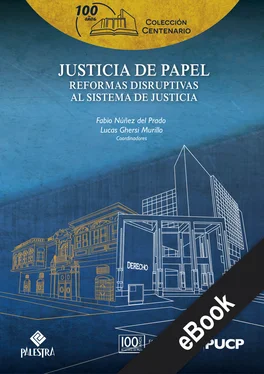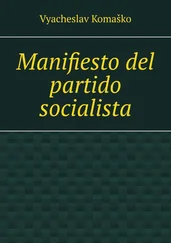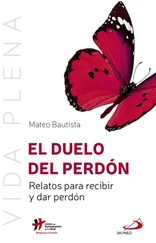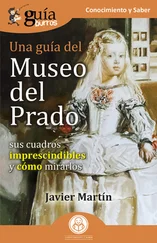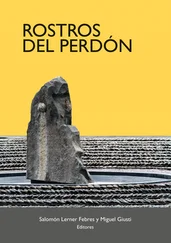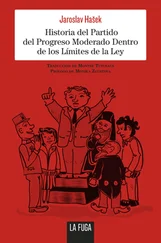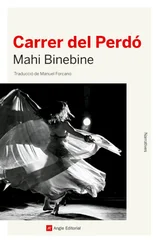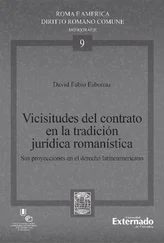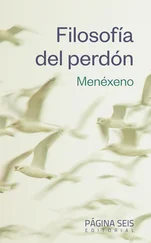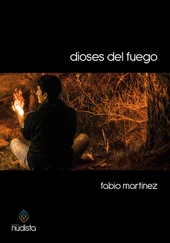32La profesora Rogers describió acertadamente esa situación en los siguientes términos: “Ethical regulation is tied to the geographic boundaries drawn on a political map of the world, but the practice of law and movement of lawyers more closely resemble constantly moving radar images of world waeather patterns. In crossborder practice, where professional activities are performed in one jurisdiction by an attorney licensed in another, problems arise because two sovereigns (one in the attorney’s home jurisdiction and one in the host jurisdiction) have an interest in regulating the same attorney.” Rogers, 2002, p. 355.
33“(…) international arbitration has developed its own customs and practices in regard to a range of procedural issues. As is well known, these procedures reflect a harmonization of Anlgo-American or common law legal traditions, on the one hand, and European or civil law traditions on the other hand. This trend has been described elsewhere and has led to the formation of a basic procedural structure which —with the adjustments in individual proceedings— is used in many if not most international arbitrations” Bishop y Stevens, 2011a, p. 395. También, Park ha señalado: “Divergent rules, permitting some lawyers to engage in conduct forbidden to other, will mean that only on side has its hands tied by a professional restriction, thereby threatening the basic fairness of arbitral proceedings.” PARK, William “Lawyer Comporment in Arbitration: Costs and Benefits in the Search for Equality of Arms” en Mélanges en l´honneur de Pierre Mayer, 2015, p. 7.
34Como señaló el tribunal arbitral del caso Hwatska c. Eslovenia al resolver la solicitud de “recusación” de uno de los abogados del demandado: “(…) it seems unacceptable for the solution to reside in the individual national bodies which regulate the work of professional service providers, because that might lead to inconsistent or indeed arbitrary outcomes depending on the attitudes of such bodies, or the content (or lack of relevant content) of their rules. It would moreover be disruptive to interrupt international cases to ascertain the position taken by such bodies” Hwatska Elektroprivreda, d.d. v. The Republic of Slovenia, ICSID Case No. ARB 05124, Tribunal’s Ruling regarding the participation of David Mildon QC in further stages of the proceedings, 6 de mayo de 2008, párr. 25.
35Hwatska Elektroprivreda, d.d. v. The Republic of Slovenia, ICSID Case No. ARB 05124, Tribunal’s Ruling regarding the participation of David Mildon QC in further stages of the proceedings, 6 de mayo de 2008, párr. 33.
36The Rompetrol Group N.V. and Romania, ICSID Case No. ARB/06/3, Decision of the Tribunal on the Participation of a Counsel, 14 de enero de 2010, párr. 16.
37Fraport AG Airport Services Worldwide v. Republic of Philippines, ICSID Case No. ARB/03/25 Decision on Application for Disqualification of Counsel, 18 de setiembre de 2008.
38Victor Pey Casado y Fundación Presidente Allende y República de Chile, Caso CIADI ARB/98/2, Laudo, 8 de mayo de 2008, párr. 729.
39Desert Line Project LLC v. the Republic of Yemen, lCSID Case No. ARB/OS/17, Award, 6 de febrero de 2008, párr. 304.
40Inclusive la existencia de dichos poderes es controversial. Waincymer ha señalado, analizando la argumentación en las dos decisiones citadas: “It is difficult to draw the power from such discretions fro a range of reasons. Such discretionary powers are always made subject to both party autonomu and to mandatory rules of procedure. Thus, if parties expressly refuse to allow a tribunal to have any procedural discretions and demand that it rely on express powers in the balance of the arbitral rules, it would not help a tribunal if new counsel was introduced which created a Red List relationship” Cfr. Waincymer, 2010, p. 614
41Unplished Decision of ICSID Annulment Committee (2008), citada en Bishop y Stevens (2011a, pp. 404-405)
42Cfr. Waincymer, 2014, p.523.
43La profesora Kauffman-Kohler ha ilustrado el proceso de “globalización” del arbitraje. Cfr. Kauffman-Kohler, 2003.
44Sundaresh Menon (2013), citando a Toby Landau QC.
45Cfr. Born, 2014, p. 2875.
46Cfr. Baizeau, 2015, p. 351.
47Como ha señalado Horvath: “Arbitrators are the first line of ethical regulation in international Arbitration and an experience tribunal is the most effective weapon against arbitration guerrillas.” Horvath y Wilske, 2011, p. 313.
48Código de Buenas Prácticas Arbitrales del Club Español del Arbitraje, artículo 150. Encontramos que esta obligación está a veces mitigada por una obligación de independencia del cliente. Por ejemplo, Bishop y Stevens en su “International Code of Ethics for Lawyers Practicing Before International Tribunals” proponen la siguiente regla: “In the discharge of their profesional duties, lawyers shall preserve their Independence from their client.” (2011b, p. 407).
49La Regla 3 de los International Principles on Conduct for the Legal Profession de la IBA dispone: “A lawyer shall not assume a position in which a client’s interests conflict with those of the lawyer, another lawyer in the same firm, or another client, unless otherwise permitted by law, applicable rules of professional conduct, or, if permitted, by client’s authorization.”
50Código de Buenas Prácticas Arbitrales del Club Español del Arbitraje, artículos 130 y 131.
51Por ejemplo, el artículo 12 del “Proyecto de Ley de la Abogacía Peruana” recoge una disposición sobre secreto profesional que concretiza muy bien la extensión de esta categoría en el derecho peruano: “El secreto profesional es el deber de reserva que tiene el abogado de proteger y mantener en estricta confidencialidad los hechos e informaciones referidos por un cliente o potencial cliente en relación con un vínculo profesional. El abogado tiene el deber de guardar el secreto profesional excepto los casos de propia defensa, autorización del cliente y/o mandato judicial”. Si comparamos esta definición con aquella de privilegio legal, por ejemplo enunciada en los Turin Principles of Professional Conduct for the Legal Profession in the 21st Century: “A Lawyer has the right, in the context of the above recitals, to recognition and respect of the attorney-client privilege by any person before the law and any authority.” Como es de notar el sujeto que se beneficia del secreto profesional es el cliente mientras en el privilegio legal es el abogado. Se trata, en breve, de categorías distintas.
52Artículo 9.2 de las Directrices IBA dispone: “2. El Tribunal Arbitral podrá excluir, a instancia de parte o de oficio, la prueba o la exhibición de cualquier Documento, declaración, testimonio oral o inspección por cualquiera de las siguientes razones: (…) existencia de impedimento legal o privilegio bajo las normas jurídicas o éticas determinadas como aplicables por el Tribunal Arbitral.” En el mismo sentido: Código de Buenas Prácticas Arbitrales del Club Español del Arbitraje, reglas 109, 111 y 112.
53La Regla 5 de las IBA Guidelines on Party Representation in International Arbitration: “. Once the Arbitral Tribunal has been constituted, a person should not accept representation of a Party in the arbitration when a relationship exists between the person and an Arbitrator that would create a conflict of interest, unless none of the Parties objects after proper disclosure.”
54Consideramos útil la delimitación conceptual que el Código de Buenas Prácticas Arbitrales del Club Español del Arbitraje propone con relación a cuándo se entendería que se menoscaba la integridad del proceso arbitral: “a) Si la parte que promueve el cambio actúa con ánimo dilatorio o en abuso de proceso; o b) Si existe un conflicto de interés entre el nuevo abogado y cualquiera de los árbitros.” A diferencia de las Directrices IBA, no se limita a los supuestos de conflictos de interés.
Читать дальше
